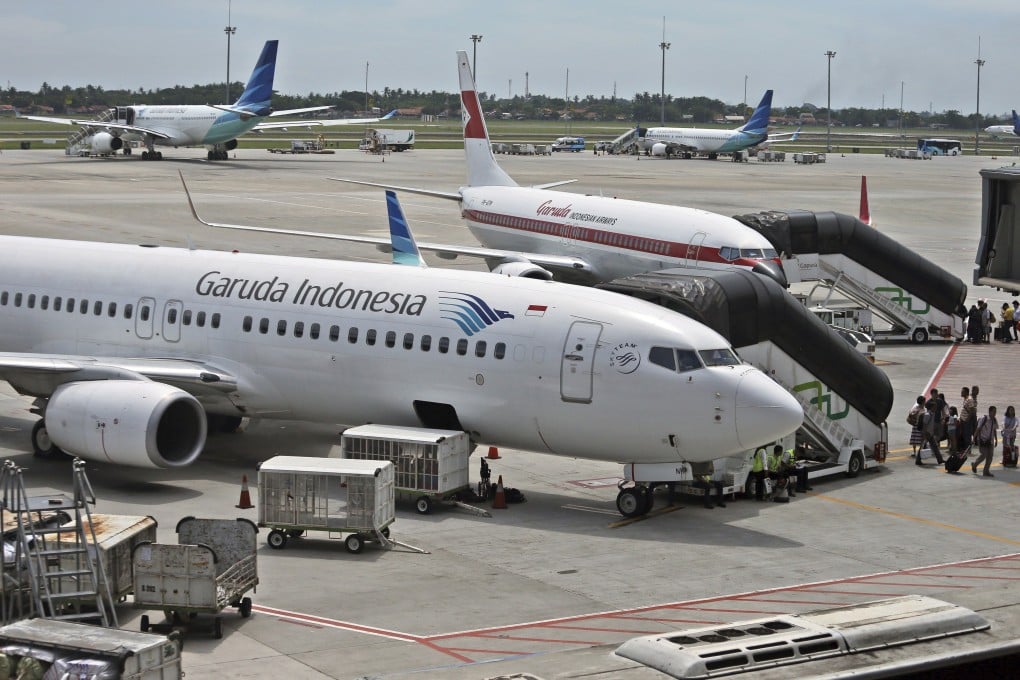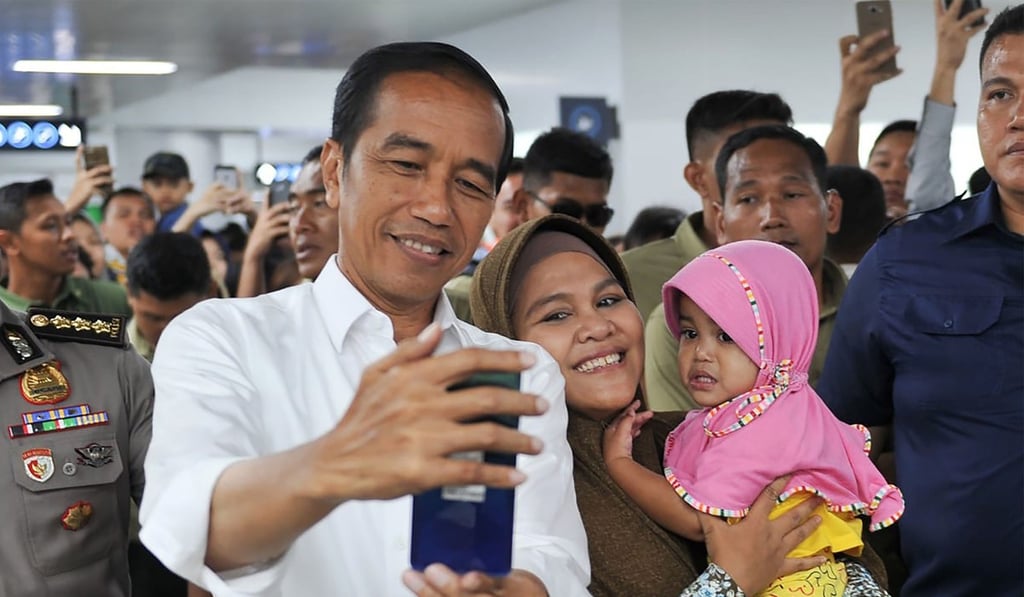Garuda Indonesia comes under state pressure to cut airfares, as Joko Widodo seeks re-election
- Indonesian carriers have already lowered ticket prices but the president’s most-trusted minister Luhut Panjaitan says it’s not enough
- Some analysts say such interference is politically motivated and will scare off investors

Garuda Indonesia is facing continued pressure from its majority shareholder, the Indonesian government, to lower ticket prices and stimulate tourism as the economy flags, a move analysts described as political meddling that will hurt investor confidence.
After the transport minister’s appeal last month to Garuda and other domestic airlines, Indonesian President Joko Widodo’s most trusted minister Luhut Panjaitan this week chided the country’s flagship carrier and ordered it to lower ticket prices by next week.
“The government has made repeated appeals to airline operators [to cut ticket prices],” Luhut, the Coordinating Minister of Maritime Affairs reportedly told airline executives, according to leaked minutes of their meeting on Monday.
Panjaitan suggested expensive ticket prices would discourage air travellers in the domestic market and tarnish the government’s image among Indonesians, who will vote in presidential and legislative elections on April 17.
“The problem of airline ticket prices could cause various public perceptions … that could trigger chaos,” he was quoted as saying by local media outlet Tempo, which published the minutes. “Garuda Indonesia, as the leading national airline operator, must cut ticket prices … it is an order.”
Chief economist David Sumual of Bank Central Asia, Indonesia’s largest bank, said the call to action was “a bad signal to investors”.
